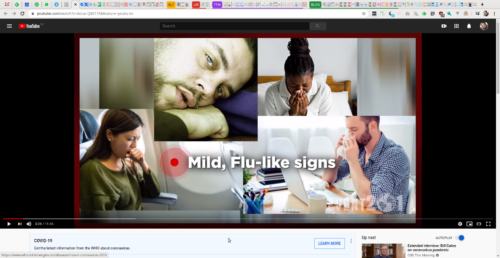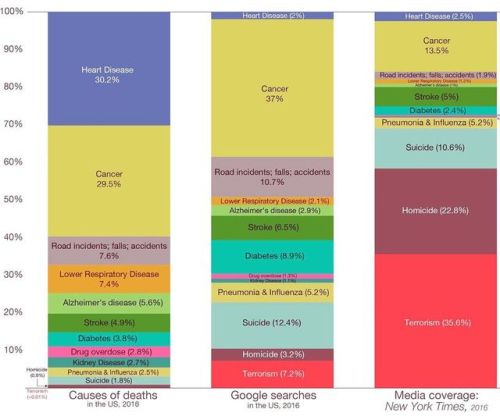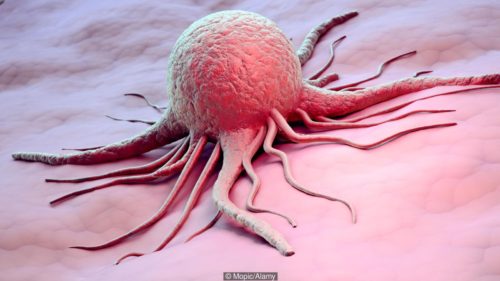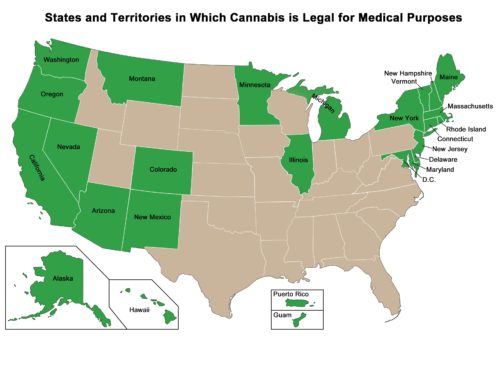I have almost 15,000 photos under Creative Commons license on my Flickr account. It’s always fun to see who uses them and how. So far, they’ve made their way into hundreds (if not thousands) blog posts, articles, presentation slides, and videos. Heck, they are even on more than a thousand of Wikipedia pages. The last claim to fame was with the blog post on Forbes.
A couple of days ago, a friend shared with me a link to this YouTube video, where the same (sick?) photo of myself was used (around 26th second). With more than 2.2 million views, I guess, that’s my contribution to the COVID-19/Coronavirus fight.



